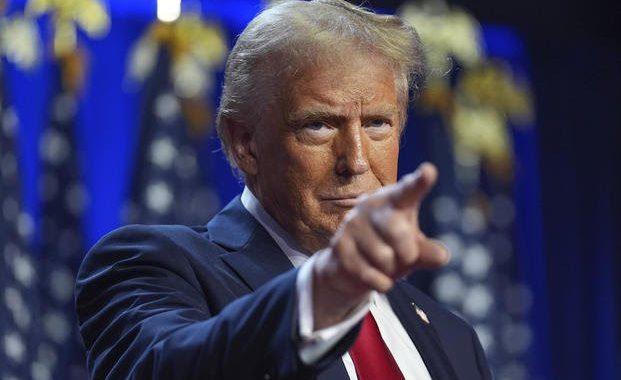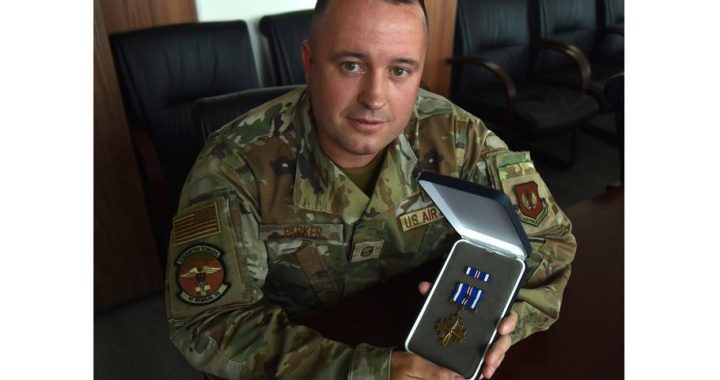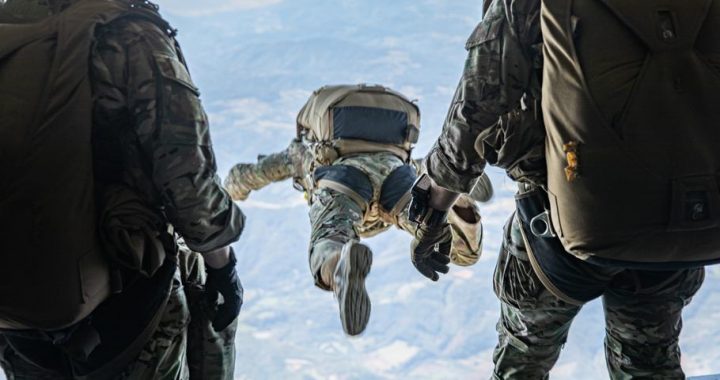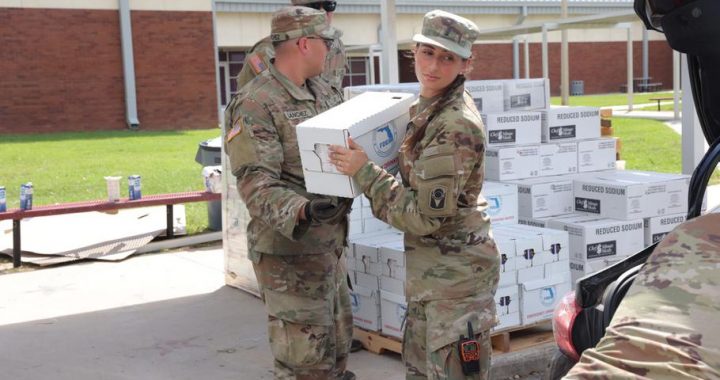Troops can seek exemptions to vaccines for health, religious reasons, others could be punished for refusing shots
4 min read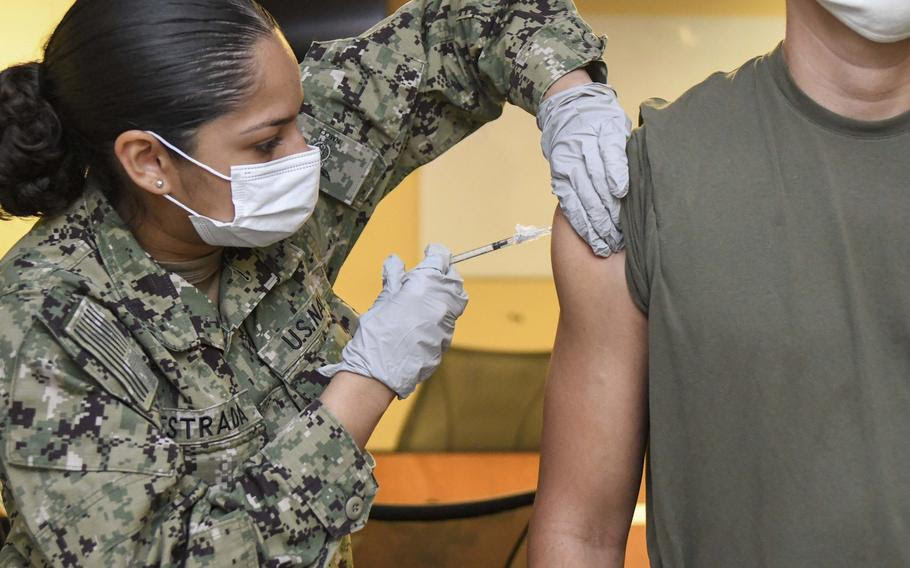
WASHINGTON — Troops can apply for an exemption to the pending coronavirus vaccine mandate for certain health conditions or religious reasons, but others will face punishment for refusing the shots, chief Pentagon spokesman John Kirby said Tuesday.
Defense Secretary Lloyd Austin on Monday announced he would add the coronavirus vaccine to the Defense Department’s list of required immunizations by mid-September, after which all service members without valid exemptions will be required to receive the shots or face expulsion from the military.
Though the vaccine remains under the Food and Drug Administration’s emergency-use authorization as it completes the final phases of clinical trials, Austin said he will seek President Joe Biden’s approval to make the vaccine mandatory next month if it still hasn’t received full federal approval.
Some service members have expressed concern about taking a shot still under the FDA’s emergency-use authorization, but Kirby said that is not a lawful reason to decline the shot once it’s mandatory.
“If it’s treated like any lawful order, there could be administrative and disciplinary repercussions for failing to obey the order,” he said. “The secretary’s expectation is that commanders are going to treat the administration of that vaccine with … professionalism, skill and compassion.”
New York attorney Anthony Kuhn, who specializes in military law, said his office has received “hundreds” of calls from troops concerned about the mandate. He said he believes a case challenging the mandate once issued will ultimately be brought to the Supreme Court.
“We know from back when the anthrax vaccines were mandated in the ’90s that some individuals were actually court-martialed and imprisoned over refusing to take that vaccination, so we expect that that’s going to happen,” Kuhn said. “We hope that the commanders are going to have some empathy and at least just administratively separate the individuals, but we understand that some commanders don’t really think that way.”
Still, Kirby said: “Commanders have a range of tools short of using the [courts] available to them to try to help individuals make the right decisions” without issuing punishments.
“Every individual who has reservations about taking the vaccine for whatever reason is properly counseled about the safety and the efficacy of the vaccines and the health risks for not taking it, as well as counseled about the readiness impact of not taking it — the impact that individual would be having on his or her teammates,” he said.
However, troops with valid health conditions that are incompatible with the vaccine can work with their doctors to receive an exemption to the mandate, according to Kirby. Additionally, troops with religious beliefs that prohibit the use of vaccines can seek exemption under the Defense Department’s Religious Liberty in the Military Services instruction.
To apply for religious accommodations, service members must submit a written request to their supervisor using the process set by their service branch, according to the DOD instruction. Those processes typically include providing documented proof of religious beliefs and consultations with health care providers and commanders.
However, most service members have not resisted the vaccine. About 1,044,924 service members are fully vaccinated, and another 237,082 have had at least one vaccine dose, according to the latest Pentagon data issued Aug. 4. Approximately 213,000 service members have contracted the coronavirus since the pandemic started, 28 of whom died.
Some, such as Navy Petty Officer 1st Class Josh Silver at Naval Base San Diego, have said they are frustrated the government hasn’t required vaccines yet.
“I have felt that they should have made vaccines mandatory from the moment they were available,” Silver said. “I have absolutely no patience for anyone in the armed forces not understanding the efficacy, safety and possessing the basic medical literacy to grasp how vitally important vaccines are to our global safety and mission readiness.”
But others disagree, such as a 32-year-old Navy petty officer 3rd class at Norfolk Naval Station, Va., who voluntarily received the vaccine, though he said he felt it should not be mandated. The sailor declined to provide his name for fear of retaliation.
“I don’t believe it should be mandatory, especially due to the fact that the vaccine currently means nothing,” the sailor said. “I’m vaccinated but can still get [the coronavirus] and although the vaccine may help the virus be less severe, I can still get sick.”
“Once it becomes mandatory, the military will still have [coronavirus] cases and until a real solution comes along, [the coronavirus] isn’t going anywhere,” the sailor said.
Kuhn agreed, calling the mandate “counterproductive” because he estimates more troops will leave the service than would have died from the virus.
“The irony of it all is that they’re imposing this vaccine for a medical condition that is almost definitely not going to kill anybody in the military,” he said. “They’re actually going to affect readiness and lose a bunch of people from the military based on their requirement to get the vaccine.”


